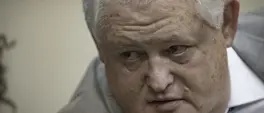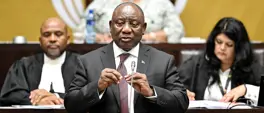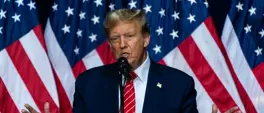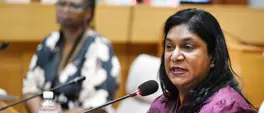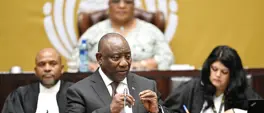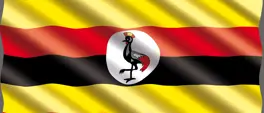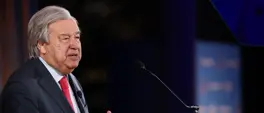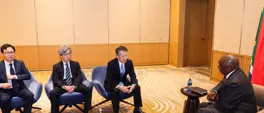Namibia's female VP goes for top job
AFP
25 November 2024 | 10:00Current vice president and candidate of the ruling South West Africa People's Organisation, NNN -- as she is known -- is facing at least two major challenges.
WINDHOEK - Political veteran Netumbo Nandi-Ndaitwah hopes to win Namibia's election Wednesday, becoming the country's first female president as her party prepares for its toughest race since independence.
Current vice president and candidate of the ruling South West Africa People's Organisation (SWAPO), NNN -- as she is known -- is facing at least two major challenges.
One is convincing young voters hit by high unemployment to pick her as next leader, and the second is persuading the electorate to support a woman in a country analysts like John Mendelsohn describe as "patriarchal".
"Probably a lot of people (in Namibia) would not be terribly enthusiastic about voting for a woman. But we have seen it in other parts of Africa," said the author of an atlas on Namibia.
Since Ellen Johnson Sirleaf won elections in Liberia in 2006, becoming Africa's first female head of state, the number of women leaders on the continent has been low.
READ: Namibia's liberation-era party, the next to fall?
"It's very difficult to judge if they (Namibians) are all willing to vote for a woman," said Henning Melber, of the Nordic Africa Institute at the University of Uppsala.
Especially "in the northern regions", he said, where the influence of traditional leaders is strong.
CONSERVATIVE VIEWS
Her nomination by the party was highly contested and even challenged unsuccessfully in court. "Does that mean they (Namibians) won't vote for her?" asked Melber.
Another obstacle she faces is her advanced age in a country where more than 60 percent of the population is under 30.
"They say I am too old and we need young people..." NNN said back in 2022, brushing away the accusations. "I do not deny my age," the 72-year-old added.
Recognisable by her gold-framed glasses, she has tried to vaunt the wisdom of her years during the campaign where she was often wearing blue, red and green, the colours of her party and of the national flag.
But she's also seen as a "SWAPO stalwart" according to Marisa Lourenco, a political analyst based in Johannesburg, which might not play in her favour.
Daughter of an Anglican pastor, Nandi-Ndaitwa has conservative views on issues like abortion, which is illegal in most cases in the largely Christian country.
"She is a strict advocate of strong abortion laws," said Melber.
Her party voted against gay marriage in 2023, though a court ruling earlier this year declared the crimes of "sodomy" and "unnatural sexual offences" as "unconstitutional and invalid" in a victory for the LGBTQ community.
LINKS TO MOSCOW
Among her promises, NNN said she intends to "create jobs by attracting investments using economic diplomacy."
Despite being rich in mineral resources including uranium and recently discovered oil offshore, Namibia is the second most unequal country on Earth after South Africa, according to the World Bank.
Apart from advertising her initials as "November, Namibia, Netumbo" her campaign staff have struggled to find something new to highlight about their candidate.
A senior party official, she has been a member of the national assembly since 1990 and a minister since 2000.
"She's been there for ages and just seems to be part of the status quo... and that's just not so appealing to voters," said Lourenco.
After going into exile in the 1990s, NNN spent some years in Russia where she joined the Komsomol, a Soviet Union-era political youth organisation.
She also studied in the UK, but according to Melber, "her links to Moscow seem to have affected her much more."
"She has internalised a kind of an anti-Western feeling," he said.
But as the country hopes to attract foreign investors in particular from the oil industry, analysts doubt she would turn her back to the West if she became president.
Get the whole picture 💡
Take a look at the topic timeline for all related articles.

